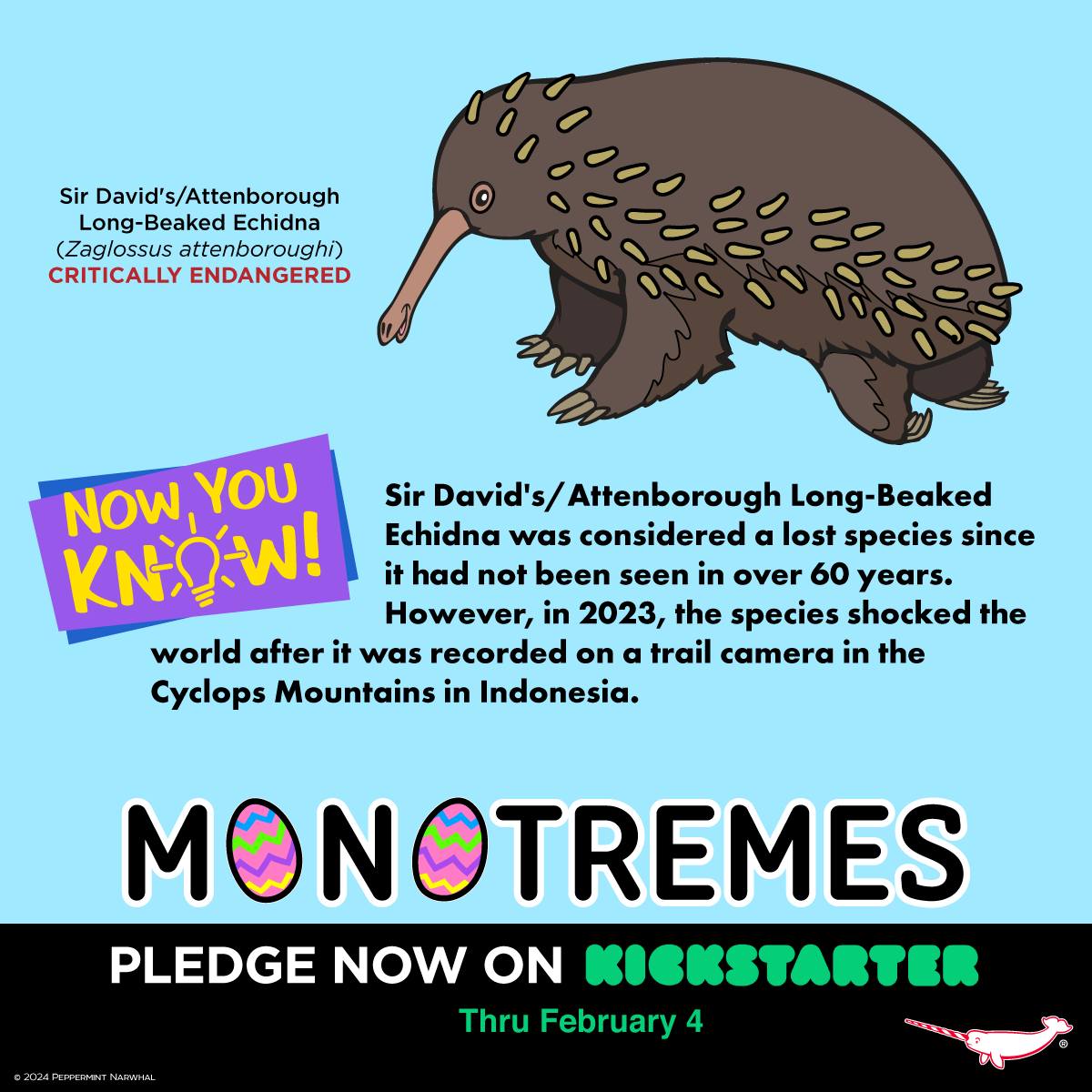– The mysterious reappearance of Sir David’s Long-Beaked Echidna in 2023
– The unique characteristics and lifestyle of monotremes, focusing on Sir David’s Long-Beaked Echidna
– The challenges and efforts in conserving Sir David’s Long-Beaked Echidna and its habitat
– How Sir David’s Long-Beaked Echidna contributes to our understanding of biodiversity and evolution
– Ways the public can support the conservation of these extraordinary creatures
After disappearing from scientific observation for six decades, Sir David’s Long-Beaked Echidna (Zaglossus attenboroughi) made a stunning comeback, observed on a trail camera in Indonesia’s Cyclops Mountains in 2023. This rediscovery reignited interest in this rare species and underscored the resilience and mystery surrounding one of the few remaining monotremes on Earth.
Monotremes, a small group characterized by their ability to lay eggs despite being mammals, are among the most fascinating study subjects in the animal kingdom. This group comprises the platypus and four species of echidnas, with Sir David’s Long-Beaked Echidna being one of the most elusive. These creatures inhabit New Guinea, surviving in environments ranging from alpine meadows to tropical forests. Unlike their Australian relatives, the long-beaked echidnas have elongated snouts that assist in their diet of worms and insect larvae. Their long, spiny quills protect predators, making echidnas stand out in the animal kingdom.
The conservation of Sir David’s Long-Beaked Echidna poses numerous challenges, largely due to habitat loss and hunting. This species is listed as critically endangered, with declining population trends highlighting the urgency for effective conservation measures. Efforts to protect their natural habitats are imperative for these echidnas’ survival and preserving biodiversity in their ecosystems. Research and conservation projects necessitate significant support, not only from scientists and conservationists but also from the global community.
Understanding the role of Sir David’s Long-Beaked Echidna in the ecosystem contributes significantly to our comprehension of biodiversity and evolutionary processes. Monotremes provide essential insights into the evolutionary history of mammals, representing a lineage that diverged from the mammalian tree over 166 million years ago. Studying these species helps scientists piece together the evolutionary puzzle, shedding light on how different modes of reproduction in mammals have adapted over millions of years.
The public can play a vital role in conserving these rare creatures. Awareness and education on the importance of biodiversity and conservation can drive interest and support for preserving habitats and species. Additionally, supporting organizations and initiatives that focus on conserving monotremes and their environments can contribute to preserving these fascinating animals for future generations to explore and understand.
Sir David’s Long-Beaked Echidna’s rediscovery is a symbolic beacon of hope for conservationists worldwide. It emphasizes the need for continued research and conservation efforts in the face of adversity. This extraordinary creature not only contributes to our understanding of natural history and evolution but also reminds us of the resilience of nature and the importance of maintaining the delicate balance of our planet’s ecosystems. Supporting conservation efforts for monotremes, such as Sir David’s Long-Beaked Echidna, is crucial for ensuring the survival and understanding of one of the planet’s most intriguing animal groups.
*****
Source Description
MONOTREMES – Sir David’s/Attenborough Long-Beaked Echidna (Zaglossus attenboroughi)
Now You Know! – Sir David’s/Attenborough Long-Beaked Echidna was considered a lost species since it had not been seen in over 60 years. However, in 2023, the species shocked the world after being recorded on a trail camera in the Cyclops Mountains in Indonesia.
If you love monotremes, then check out our…
–
NEW collectible enamel pin series featuring the world’s only egg-laying mammals, the monotremes, including the platypus and the echidnas.
Pledge Now! – https://rb.gy/0lw7he
Search “Monotremes” or “Peppermint Narwhal” on Kickstarter.
The campaign runs now through Feb. 4, 2024.
Shop www.peppermintnarwhal.com


